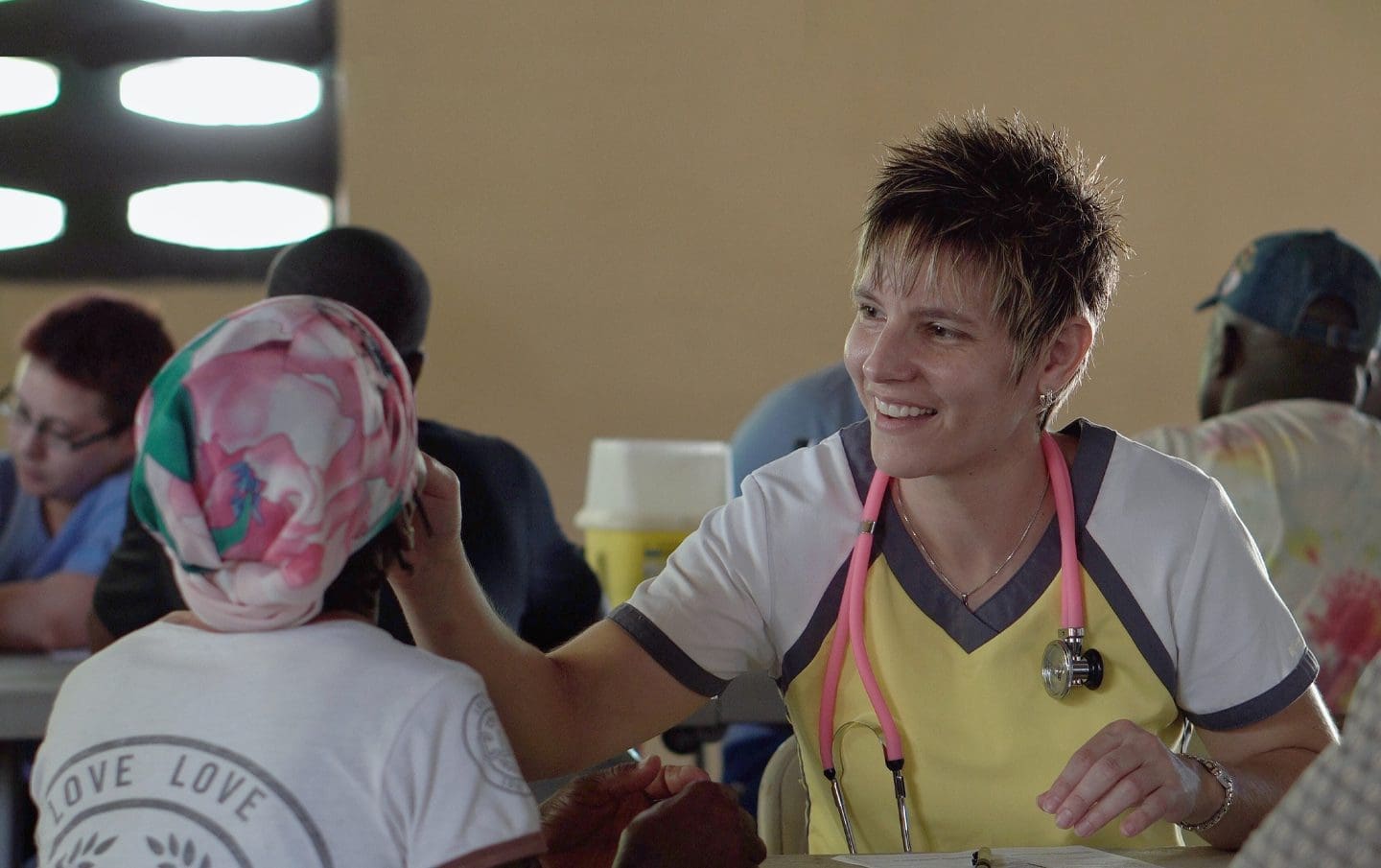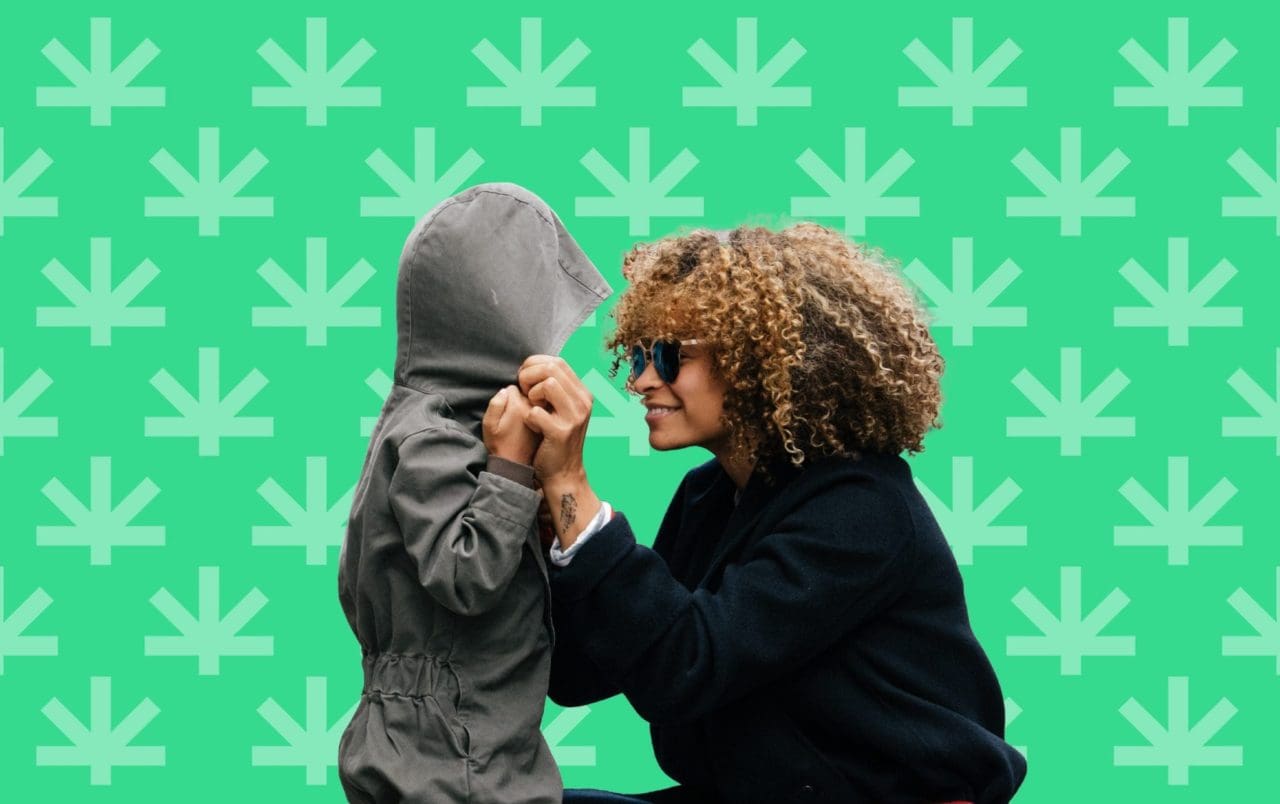Medical Cannabis Use in Youth Under 21: Leafwell Study
2 min read



Featured experts
Change can come in waves. For medical cannabis use in children, the U.S. may be near a transformative swell. New research from Leafwell gives a detailed first look at medical cannabis use among those under the age of 21. The study describes who pediatric-aged medical cannabis patients are, where they live, and what medical conditions they have.
Read Report HereKey Findings
- Leafwell reviewed 13,855 minor patients
- The most common qualifying conditions were anxiety, chronic pain, and PTSD
- Cancer was a more common qualifying condition for minors under 18 than young adults (18-20 years old)
- More young adults reported depression than minors
- Most pediatric patients had two or more medical conditions
Since the early 2010s, news stories have shown how medical cannabis helps parents find answers for some of their child’s challenging medical issues. Many new studies still call for more research in this area. Yet, a recent report from the Canadian Pediatric Society (Canada legalized cannabis in 2018) supports the ‘sustained tolerability and efficacy’ of medical cannabis for some conditions.
Leafwell is the largest integrative cannabis clinic and a health technology platform that connects patients to healthcare providers in 34 states and the District of Columbia. Leafwell wanted to learn more about their young patients.
Demographics
Using their own data, led by Mitchell L. Doucette, PhD, MS, Senior Director of Research, they first identified patients under 20 and then studied their characteristics. They found 13,855 patients in total. Most were white, non-Hispanic (63.2%), followed by Hispanic (19.4%), and black, non-Hispanic (6.78%). The patients were majority male (57.2%) and lived in states where both medical and adult-use cannabis are legal (75.5%).

The study also examined differences between patients under 18 (minors) and those aged 18-20 (young adults). They found California had the largest number of minor and young adult patients. However, Maine and Montana had high rates of minor-aged medical cannabis patients when considering state population size. Minors must have a parent or guardian present at the time of consultation.
Medical Conditions
When it came to types of medical issues, more minors had cancer compared to young adults. Young adults more often reported depression and insomnia. Both groups had equal rates of insomnia.
“The finding that minor-aged compared to young-adult-aged patients had a higher percent reporting cancer as their primary qualifying condition related to using medical cannabis, unfortunately, makes sense. For these kids, especially those suffering from chemotherapy-induced nausea/vomiting, there has been a lot of good research suggesting medical cannabis can help,” said Dr. Doucette. Several studies, separate from Leafwell’s work here, have identified medical cannabis as a way to address nausea/vomiting symptoms in general.
Why Research Cannabis?
Leafwell’s new study is the first to describe pediatric medical cannabis patients in the U.S. It’s the team’s first effort to conduct high-quality, peer-reviewed research into who uses medical cannabis and its outcomes. More work is needed to understand the therapeutic effects of medical cannabis, especially in children. Understanding how medical cannabis affects patients is key to improving patient care and shaping regulations. Combining clinical and population-level research can help us better integrate medical cannabis with established medical guidelines and even identify cases where it may not be suitable.
Read Report HereThe full report was published on July 22nd in the academic journal Adolescent Health, Medicine and Therapeutics and is available for free to download. The authors were Dr. Mitchell L. Doucette, Dipak Hemraj, Dr. Douglas Bruce, D. Luke Macfarlan, and Emily Fisher.
If you want to collaborate with Leafwell on a research project, get in touch today.
Get In Touch

